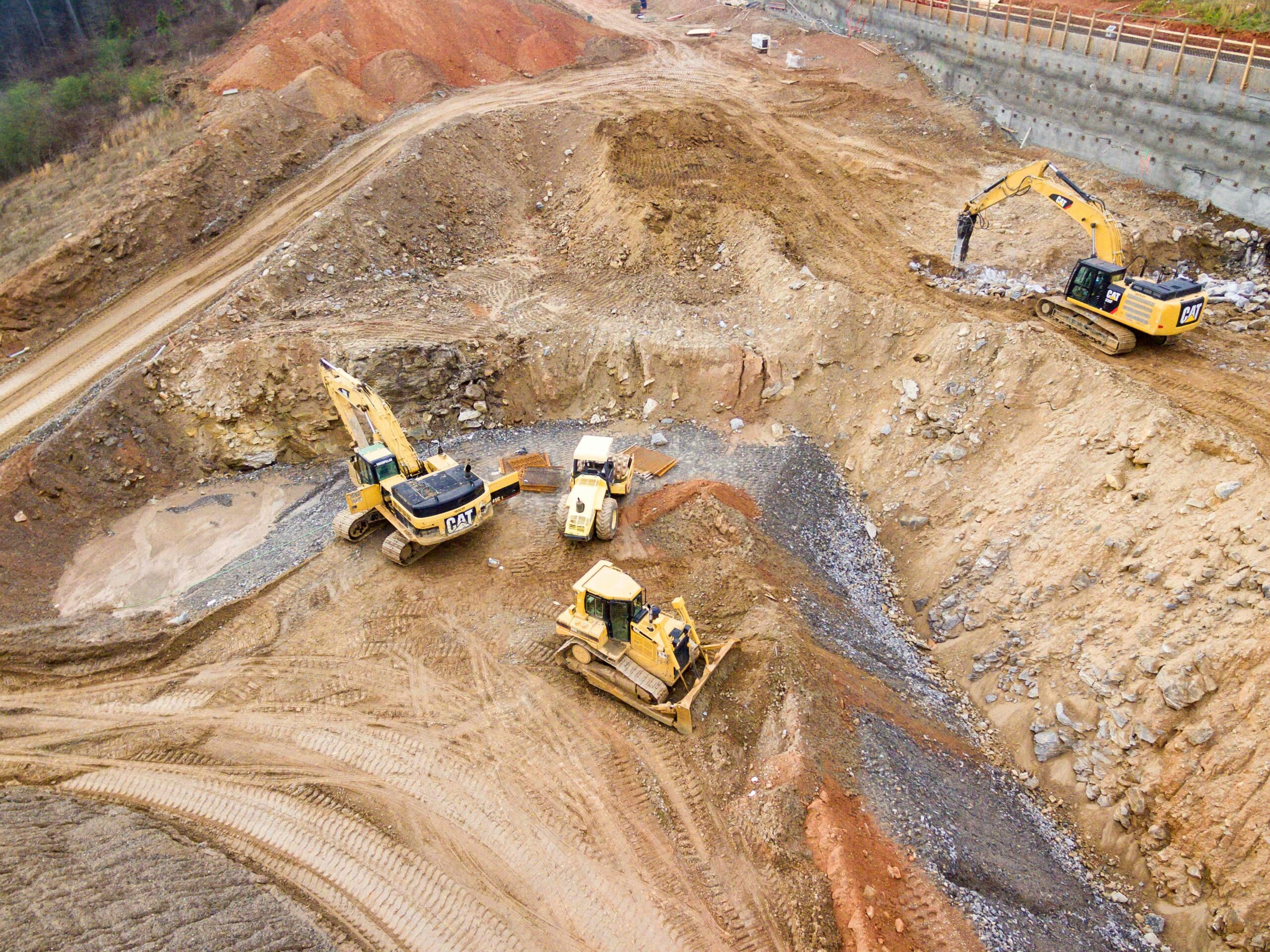In recent years, the element lithium has become synonymous with the future of energy and technology. Known for its critical role in battery technology, lithium is essential for the production of electric vehicles (EVs), renewable energy storage solutions, and a myriad of electronic devices. As the global demand for these technologies skyrockets, the United States is increasingly focusing on securing its own supply of this strategic mineral. Let’s delve into why lithium is so important, the current state of the lithium industry in the U.S., and the challenges and opportunities that lie ahead.
Why Lithium Matters
Lithium-ion batteries are the backbone of modern portable electronics and electric vehicles. Their high energy density, long cycle life, and relatively low environmental impact compared to other battery chemistries make them the preferred choice for powering everything from smartphones to electric cars. As the world shifts towards greener energy solutions, lithium’s importance cannot be overstated. It plays a critical role in reducing carbon emissions, as EVs and renewable energy storage systems are essential components of a sustainable future.
The State of U.S. Lithium Production
Traditionally, the majority of lithium production has been concentrated in a few countries, with Australia, Chile, and China leading the charge. However, the United States is home to significant lithium reserves, particularly in Nevada. The only active lithium production site in the U.S. today is the Silver Peak Mine, operated by Albemarle Corporation. This mine has been producing lithium since the 1960s, but recent developments have put a spotlight on expanding U.S. lithium production capabilities.
Several projects are in the pipeline to increase domestic lithium output. For instance, Lithium Americas is developing the Thacker Pass project in Nevada, which is projected to be one of the largest lithium mines in the world. Additionally, other states like North Carolina and California are exploring lithium extraction opportunities from both hard rock mining and brine sources.
Challenges in the U.S. Lithium Industry
Despite the promising potential, the U.S. lithium industry faces several challenges:
- Environmental Concerns: Mining and extracting lithium can have significant environmental impacts, including water usage, habitat destruction, and pollution. Balancing the demand for lithium with sustainable and environmentally friendly mining practices is a major challenge.
- Regulatory Hurdles: Mining operations in the U.S. are subject to stringent regulatory approvals, which can slow down the development of new projects. Ensuring that projects meet all environmental and safety standards is essential but can be a lengthy process.
- Supply Chain Issues: The global supply chain for lithium is complex, with many critical components and technologies controlled by a few countries. The U.S. needs to develop its supply chain infrastructure to ensure a stable and reliable supply of lithium for domestic use.
Opportunities and the Future
The growing demand for electric vehicles and renewable energy storage presents a significant opportunity for the U.S. to become a leader in lithium production. Investments in research and development can lead to more efficient and environmentally friendly extraction methods. Companies are also exploring the potential of recycling lithium from used batteries, which could reduce the need for new mining operations and help address environmental concerns.
Furthermore, the federal government has recognized the strategic importance of lithium and other critical minerals. Policies and incentives aimed at boosting domestic production and reducing reliance on foreign sources are being implemented. For example, the Department of Energy has initiatives to support the development of lithium extraction and processing technologies.
Conclusion
As the world transitions to cleaner energy and electric transportation, lithium will play an increasingly vital role. The United States, with its significant lithium reserves and growing industry, is well-positioned to capitalize on this demand. By addressing environmental, regulatory, and supply chain challenges, the U.S. can secure its place as a key player in the global lithium market. The future of lithium in the United States is not just a matter of economic interest but also a step towards a more sustainable and energy-independent future.





